Delaware adopting California’s ZEV regulations
Green Car Congress
MARCH 4, 2022
Managed by the Delaware Department of Natural Resources and Environmental Control ( DNREC ), the ZEV program is designed to accelerate the commercialization of battery-electric, plug-in hybrid and fuel cell electric vehicles. In states already in the program, the automobile industry has successfully met the required percentage.




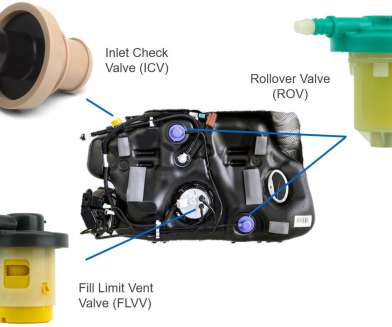



















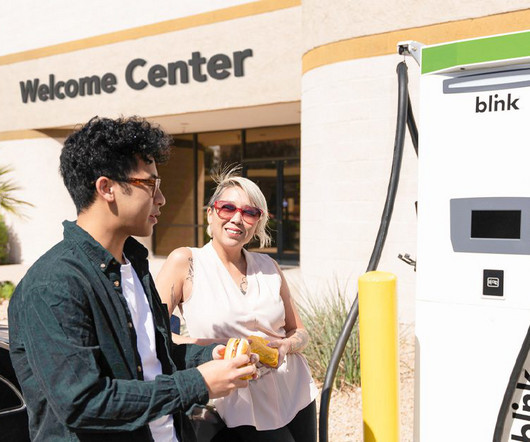

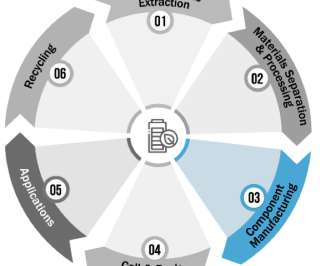


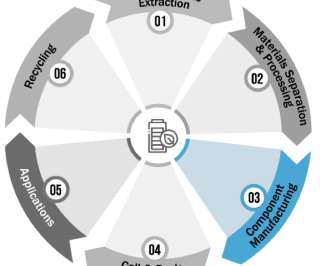



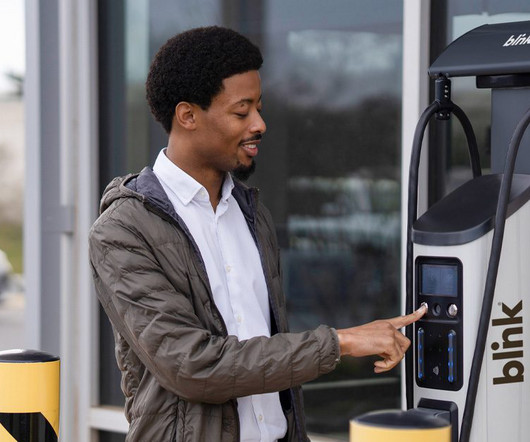







Let's personalize your content